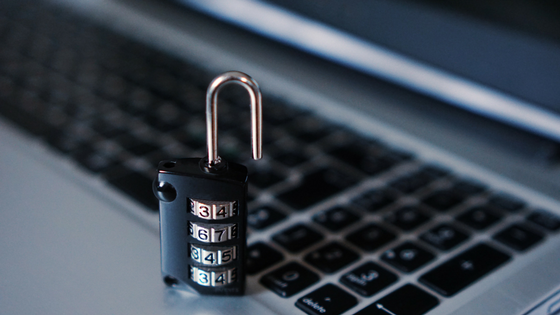
According to Equifax, a cybersecurity incident potentially impacting approximately 143 million U.S. consumers. Criminal hackers exploited a U.S. website application vulnerability to gain access to certain files.
Based on the company’s investigation, the unauthorized access occurred from mid-May through July 2017. The information accessed primarily includes names, Social Security numbers, birth dates, addresses and, in some instances, driver’s license numbers.
In addition, credit card numbers for approximately 209,000 U.S. consumers, and certain dispute documents with personal identifying information for approximately 182,000 U.S. consumers, were accessed. Equifax also identified unauthorized access to limited personal information for certain UK and Canadian residents.
Take these steps to help protect your information from being misused.
1. Find out if your information has been exposed
If your information was exposed, then it likely included your name, address, Social Security number, and date of birth. As soon as you finish reading this article,
• Visit Equifax’s website, www.equifaxsecurity2017.com. Click on the “Potential Impact” tab and enter your last name and the last six digits of your Social Security number. Your Social Security number is sensitive information, so make sure you’re on a secure computer with a secure network connection. The site will tell you if you’ve been affected by this breach.
• Whether or not your information was exposed, U.S. consumers can get a year of free credit monitoring and other services.
If your information has been compromised…
2. Place a fraud alert on your credit report
A fraud alert warns creditors that you may be an identity theft victim and that they should verify that anyone seeking credit in your name really is you. To place a fraud alert on your credit reports, contact one of the nationwide credit reporting companies. A fraud alert is free. You must provide proof of your identity. The company you call must tell the other credit reporting companies; they, in turn, will place an alert on their versions of your report.
3. Consider placing a credit “freeze” on file
A credit freeze doesn’t prevent a thief from making charges to your existing accounts but it makes it harder for someone to open a new account in your name. You still need to monitor all bank, credit card and insurance statements for fraudulent transactions. If you place a freeze, you’ll have to lift the freeze before you apply for a new credit card or cell phone – or any service that requires a credit check. Don’t worry a credit freeze does not affect your credit score.
4. Check your credit reports
You can check your credit reports from Equifax, Experian, and TransUnion for free by visiting annualcreditreport.com. Accounts or activity that you don’t recognize could indicate identity theft. You may order your reports from each of the three nationwide credit reporting companies at the same time, or you can order your report from each of the companies one at a time. The law allows you to order one free copy of your report from each of the nationwide credit reporting companies every 12 months.
5. Facts about the free credit monitoring
The service Equifax is offering for free is called TrustedID. Equifax owns this service. There are other services available, not owned by Equifax, such as LifeLock. TrustedID is a good service, but before signing up here are some things you should consider.
• You’re only going to receive the free monitoring for a one-year period. If you do decide to sign up for the service, check the fine print to see if the service automatically renews, so you don’t get an unexpected bill a year from now.
• The service only applies to Equifax. The credit report lock aspect of the service only applies to your Equifax credit report, and not your credit reports at Experian and TransUnion. Using a service, such as LifeLock will cover all three credit bureaus.
6. File your taxes early
Tax identity theft happens when someone uses your Social Security number to get a tax refund or a job. Respond right away to letters from the IRS. Don’t believe anyone who calls and says you’ll be arrested unless you pay for taxes or debt – even if they have part or all of your Social Security number, or they say they’re from the IRS.
7. Stay on top of your credit accounts
Continue to check your credit reports regularly. Keep track of all incoming bills and statements. If you believe your name or an account in your name has been misused, take immediate action. Being alert and on top of things will help guard against any future attempts to misuse your identity.




No comments yet.